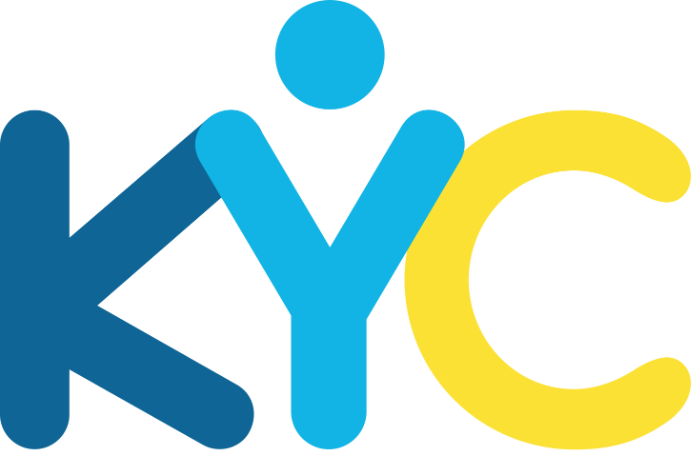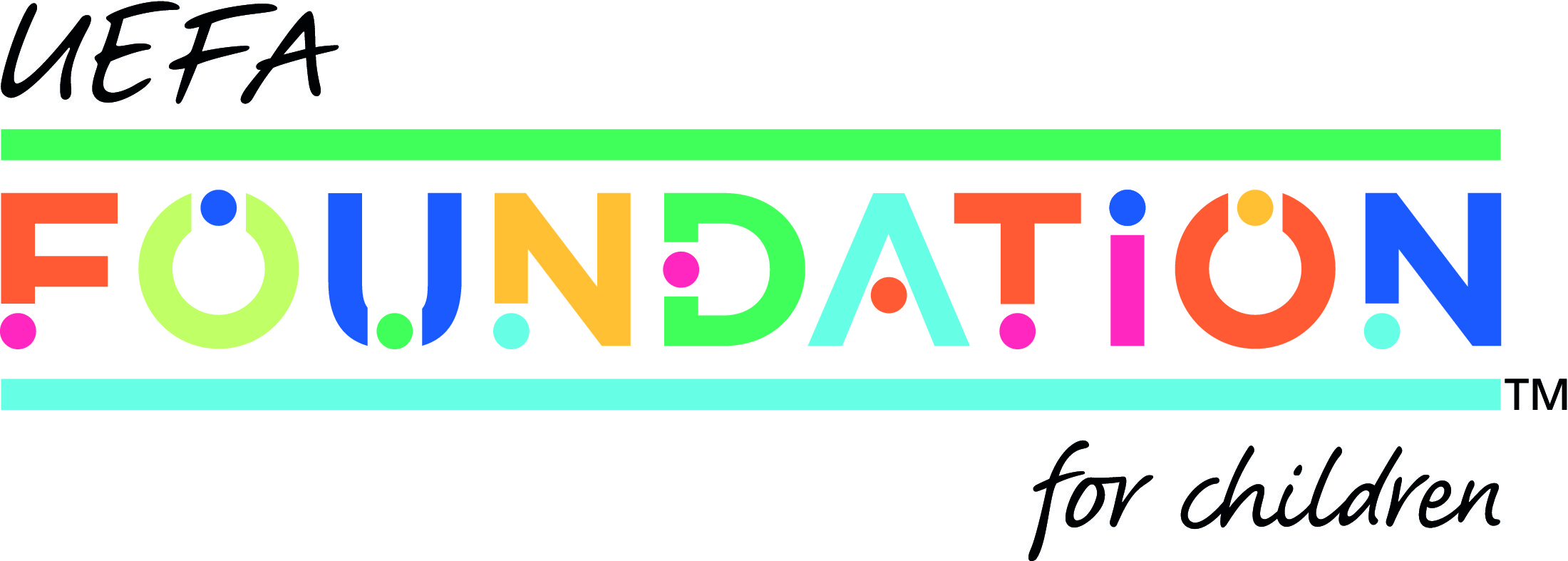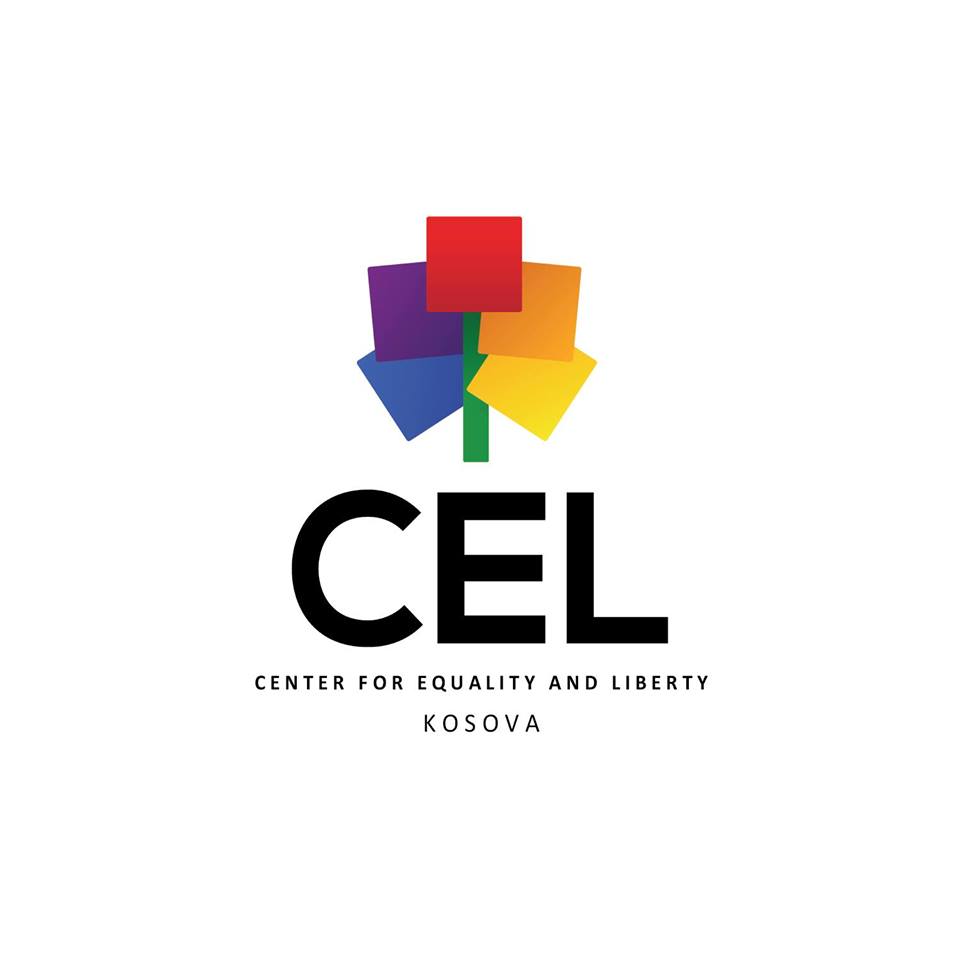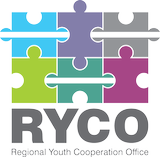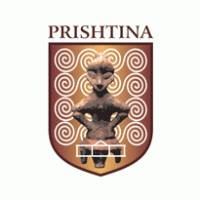Overview
The Kosovar Youth Council (KYC) is one of the oldest NGOs dedicated to youth in Kosovo, having been founded in 1999 in refugee camps in Albania during the Kosovo War. It was officially registered in Pristina later that same year. KYC emerged from a pressing need to support young people who had been displaced, and over the years, it has become a crucial player in promoting youth engagement, development, and representation in Kosovo. The organization is committed to empowering young people of all genders through education, active participation, and innovation.
Since its inception, KYC has broadened its impact by forming partnerships with schools, public institutions, nonprofits, and various stakeholders. The organisation takes a comprehensive approach to youth development, tackling social, educational, and policy-related issues. Through its multiple programs, KYC works to elevate the voices of young people, enhance their skills, and foster an inclusive atmosphere for youth-led initiatives.
Since its founding, KYC has been a key catalyst for progress in Kosovo’s pre-university education system. By partnering with 100+ primary and secondary schools from 30 municipalities, the organisation has introduced student-led councils, trained teacher‐mentors, piloted co-management models, and created career-orientation and work-placement programmes that link classroom learning to real-world skills. KYC’s sustained advocacy secured the inclusion of student-participation clauses in the Law on Pre-University Education and shaped the Administrative Instruction that sets out how learners are elected and engaged in school governance.
Through nationwide consultations, data-driven policy briefs, and a robust feedback network, KYC channels classroom concerns to municipal and national decision-makers, ensuring reforms are grounded in students’ lived realities and geared toward equitable, high-quality education for all.
In parallel with its educational work, KYC has emerged as one of the most prominent youth representation structures in Kosovo. In recognition of its long-standing grassroots presence and credibility, in June 2021, the Ministry of Culture, Youth and Sports (MCYS) entered into an informal cooperation agreement with KYC to represent the voices of Kosovar youth in national, regional, and European platforms. Since then, KYC has actively participated in numerous high-level forums and policymaking spaces, including the Western Balkans Youth Forum, the Prespa Forum Dialogue, and the International Youth Conference in Krusevo. KYC has played a strategic role in regional initiatives such as the Connecting Youth Platform and has been instrumental in the co-development of the RYCO Strategy 22/24 & 25/27, the Youth, Peace and Security action plan, and the Western Balkans Youth Lab (WBYL), where it co-led thematic processes on youth unemployment, mental health, and green agenda. As an official youth sector representative in the National Working Group on Youth Guarantee, KYC has directly contributed to the design of Kosovo’s Youth Guarantee Implementation Plan, organizing national research and publishing regional policy papers. Through its involvement in consultations for the Youth Strategy 2024–2032, the Education Strategy 2022–2026, and various legal and administrative frameworks, KYC has consistently advocated for inclusive youth policies. At the local level, its grassroots youth structures in 29 municipalities ensure a bottom-up, data-informed approach to representation, enabling young people across Kosovo to meaningfully influence policies that affect their lives.
Our Values
- Inclusivity: Commitment to ensuring equal opportunities for youth of all genders, ethnicities, and abilities.
- Empowerment: Enabling youth to achieve their full potential and become changemakers in their communities.
- Innovation: Encouraging creative and forward-thinking approaches to solve youth challenges.
- Collaboration: Building strong partnerships across sectors to amplify the impact of youth initiatives.
- Integrity: Upholding transparency, accountability, and ethical practices in all actions.
- Resilience: Preparing youth to navigate and overcome challenges with confidence and adaptability.
- Sustainability: Promoting environmentally conscious and socially responsible practices.
- Youth Leadership: Championing the voices and agency of young people in decision-making processes.
- Equity: Addressing systemic barriers to ensure fair access to opportunities and resources.
- Community Engagement: Fostering a sense of belonging and shared responsibility among youth.
- Advocacy: Actively representing the interests and rights of youth in policy and societal contexts.
- Critical Thinking: Encouraging informed and analytical perspectives among youth.
Key Achievements
-
Founded in 2005, SCK has grown to become the most influential student representative organization in Kosovo, bringing together +100 representatives from 30 municipalities.
-
It has effectively advocated for student rights and fostered cooperation among schools, students, and decision-makers.KYC’s training programs, workshops, and various activities have directly benefited over 30,000 young people.
-
Since its inception, around 1 million students have indirectly gained from KYC and student representation/engagement initiatives.
-
KYC has played a crucial role in drafting and amending laws and administrative instructions, particularly in education and youth policy. Listing some of them:
-
- Law on Youth – adopted in 2024: Law No. 08/L‑264 on Youth (published 12 August 2024)
- Law No. 05/L‑025 on Mental Health
- Law on the State Matura Exam – amended in 2015: Law No. 05/L‑018 on the State Matura Exam (published 8 January 2016)
- State Strategy for Youth 2024–2032: Official national document establishing youth policy for 2024–2032
- Administrative Instructions by MCYS (Ministry of Culture, Youth, and Sports): Administrative Instruction on the Central Youth Council, Volunteering, and Youth Centres — MCYS directives establishing governance frameworks (Gazeta Zyrtare RKS).
- Administrative Instruction by MESTI – Administrative Instruction No. 18/2023 on Career Counselors for lower and upper secondary schools (published 15 January 2024)
- Administrative Instructions by MESTI – Administrative Instruction No. 04/2021 on the Establishment and Functioning of the Student Council (issued 28 June 2021)
- Regulation for School Psychologists and Pedagogues – Ministry of Health: Regulatory framework defining roles, qualifications, and responsibilities for school psychologists and pedagogues in public schools
- Youth Guarantee Implementation Plan 2022: National implementation plan for the EU Youth Guarantee scheme, overseen by the Ministry of Finance, Labor, and TransfersSchool Safety Action Plan 2023–2026 – Municipality of Prishtina
- The organization has conducted thorough monitoring and research to influence educational reforms and promote best practices.
-
KYC boasts a vibrant network of over 500 volunteers each year, emphasizing a grassroots approach to youth empowerment.
-
Initiatives like youth monitoring groups have been organized to evaluate the implementation of educational action plans and public policies.
-
KYC has launched working groups to address urgent issues such as school violence, child trafficking, and sexual health rights.
-
The “Club for Better Education” was established to advocate for inclusive policy recommendations and conduct needs assessments for high school students.
-
SCK became the first Kosovar member of the Organizing Bureau of European School Student Unions (OBESSU).
-
KYC’s positive reputation and non-political stance have helped forge strong partnerships with national and international organizations.
-
KYC operates in 29 of Kosovo’s 38 municipalities, demonstrating extensive geographic outreach.
-
It collaborates with 107 high schools and a variety of public and private entities.
-
The organization has published over 50 research reports and policy papers focused on education and youth development.
Team

Ditjon Fetahu
Executive Director
